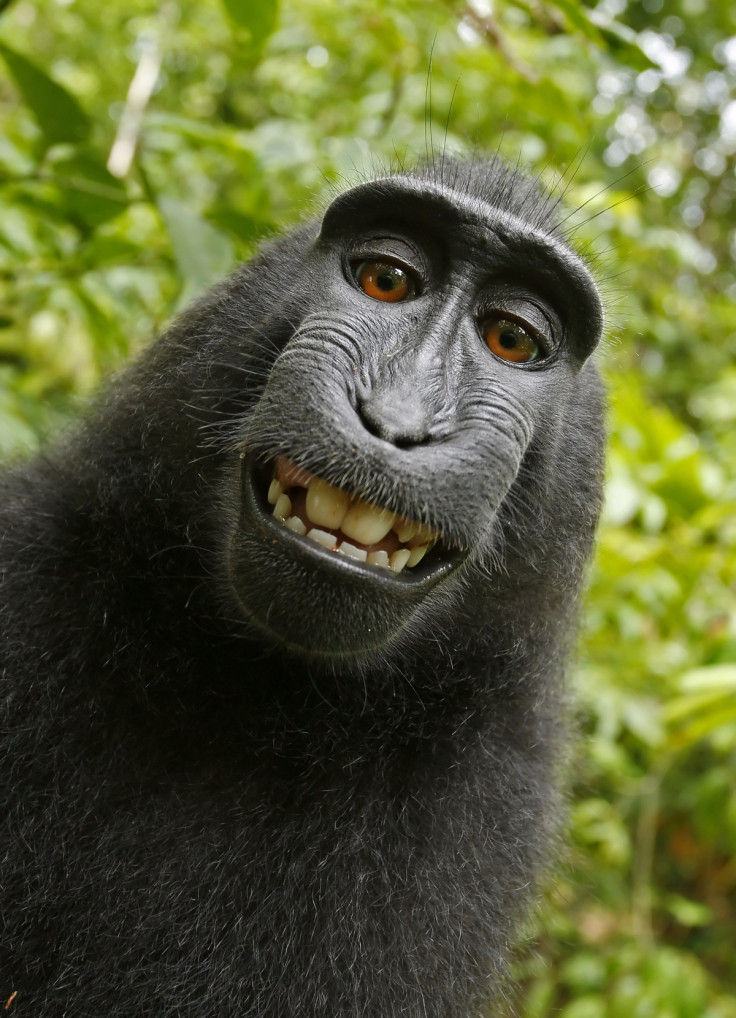Captivating monkey Naruto who snapped viral selfies filing appeal for right to photos

A charismatic macaque monkey who managed to snap photos of himself using a camera on a tripod set up by a human wildlife photographer is heading back to court to battle for the rights to his selfies. Attorneys for the crested Sulawesi macaque named Naruto have argued that there's nothing in US federal copyright law that limits protections to humans.
Though they lost a lower court ruling, they have now filed a notice to appeal to the Ninth Circuit Court of Appeals in San Francisco. One of Naruto's photos became an Internet sensation and made the cover of the book Wildlife Personalities by British nature photographer David Slater, who identifies the photo as a "monkey selfie," which was taken by the animal in 2011 with a camera he had set up in Naruto's home territory in Indonesia.
Lawyers for the People for the Ethical Treatment of Animals (PETA) on behalf of Naruto argued that the monkey owns the copyright, and that Slater and his publishing company have infringed on it. "The Monkey Selfies resulted from a series of purposeful and voluntary actions by Naruto, unaided by Slater, resulting in original works of authorship not by Slater, but by Naruto," argued the original case before the US District Court in San Francisco.
The court dismissed the suit earlier this year, ruling that animals don't have standing to sue under the Copyright Act. The decision was based on a precedent set in the case Cetacean v. Bush, when a judge ruled that animals cannot be plaintiffs in court unless specifically allowed by law.
In Cetacean, a "self-appointed attorney" for all of the world's whales, porpoises, and dolphins sued to stop the US Navy from using a sonar system claiming that it was harmful to sea creatures. The judge tossed the suit, arguing that "if Congress and the president intended to take the extraordinary step of authorising animals as well as people and legal entities to sue, they could, and should, have said so plainly," the court ruled.
If PETA thinks Naruto should have standing that's "an argument that should be made to Congress and the president, not to me," noted District Judge William H. Orrick when he ruled against Naruto. PETA had argued that the copyright law doesn't specifically define an author as human.
The notice to appeal to the Ninth Circuit Court of Appeals was filed on 20 March. PETA has said it would use any damages won to benefit Naruto, his family, and his habitat. Crested Sulawesi macaques are critically endangered.
© Copyright IBTimes 2024. All rights reserved.







